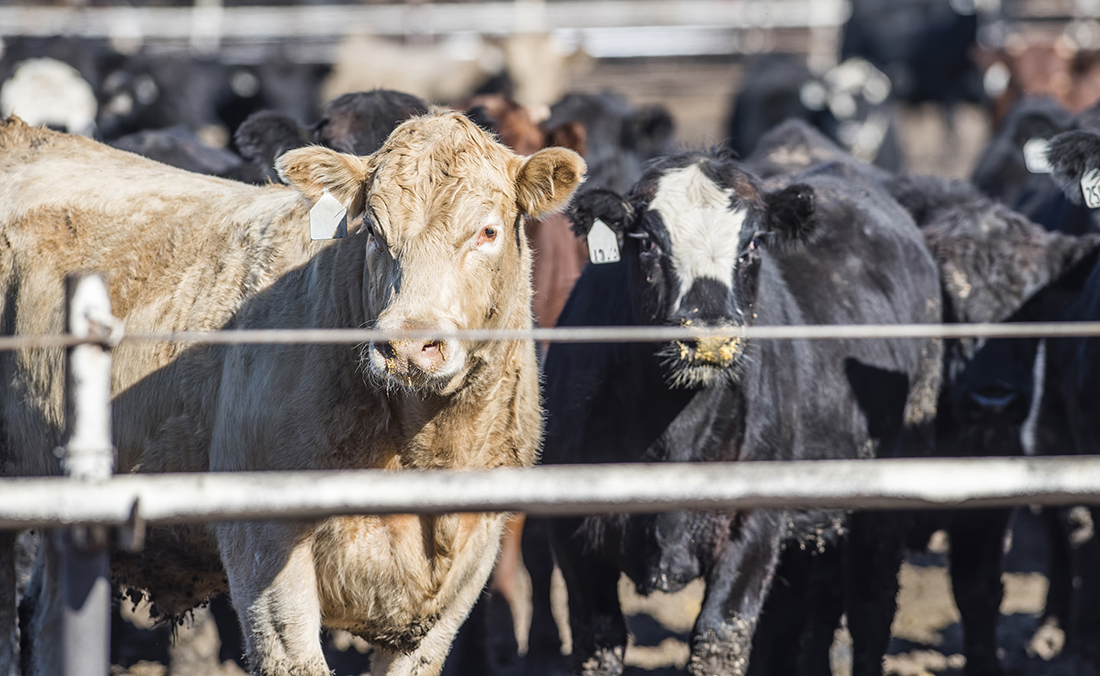Canada now holds negligible risk status for Bovine Spongiform Encephalopathy (BSE), delegates to the World Organisation for Animal Health (OIE) general session decided May 27.
The shift to the lowest level of risk for transmission of BSE makes Canada eligible for expanded access to foreign markets for more beef products, previously limited by BSE-era restrictions.
“We were in a difficult position to be competitive with other countries that were not dealing with BSE,” says BC Cattlemen’s Association general manager Kevin Boon. “This (designation) puts us back on an even keel with other exporting countries and it opens up the products that we can market around the world that we couldn’t before.”
For example, producers will be able to market more specified risk material.
“It has a lot of potential for us to capitalize and put more dollars per animal back into the pocket of beef producers,” says Boon.
Negligible risk status will also allow processing plants to align their requirements with those of international players. BSE created additional requirements for the Canadian processing sector, which put plants at an economic disadvantage compared to others in the global marketplace, notes the Canadian Cattlemen’s Association.
The development comes 18 years since Canada reported its first case of BSE in May 2003, a discovery that closed international markets to producers.
Many groups played a role to achieve this designation and help Canada’s beef sector weather this storm, including farmers and ranchers, the government, veterinarians and consumers.
“The cattle industry has been hit hard by (BSE), but we would not have come through it in the shape we did if it was not for the Canadian consumer,” says Boon. “They got behind us and showed their trust in the safety of our products … by increasing Canadian beef consumption. It shows the value of buying local. I cannot stress enough how important our consumer was to help our industry survive.”
While Canada developed some markets by exceeding special criteria for beef production and processing, the sector experienced losses of close to $5.5 billion between 2003 and 2006. In addition, the sector lost 26,000 producers between 2006 and 2011.
Canada reported its last case of BSE in an animal born more than 11 years ago. This, combined with demonstrating effective control and surveillance measures, gave OIE delegates confidence to grant Canada negligible risk status.


 Sector events start growing
Sector events start growing